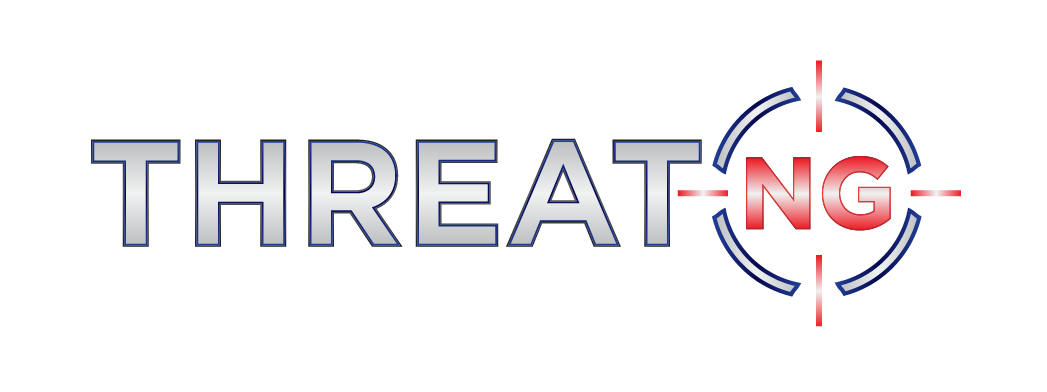
DNS Security
Security Ratings
Cyber Risk Exposure Score
Subdomain Takeover Susceptibility Score
Cloud and SaaS Exposure Investigation Module
Dark Web Presence Investigation Module
Domain Intelligence Investigation Module
Sensitive Code Exposure Module
In security ratings, a "DNS Security" rating is an assessment or evaluation of the security measures and practices implemented within an organization's Domain Name System (DNS) infrastructure. It focuses on protecting the DNS services from threats and vulnerabilities that could impact DNS-related operations' integrity, availability, and confidentiality.
The DNS Security rating considers various factors related to DNS security, including the implementation of secure DNS protocols (such as DNSSEC), protection against DNS cache poisoning and DNS amplification attacks, monitoring and logging of DNS activity, effective DNS traffic filtering, and analysis, and the presence of mechanisms to detect and mitigate DNS-based threats.
The DNS Security rating is an essential component of security ratings as DNS plays a critical role in translating domain names into IP addresses and facilitating various internet services. By evaluating the DNS Security rating, organizations can gain insights into the strength of their DNS security measures, identify potential vulnerabilities, and make informed decisions to enhance the security and reliability of their DNS infrastructure.
ThreatNG Security Ratings integrates intelligence substantiated with external attack surface management, digital risk protection capabilities, domain intelligence, dark web presence discovery and assessment, and deeper inspection for cyber risk exposure and subdomain takeover susceptibility, can enhance the fidelity and validity of a DNS Security rating in the following ways:
External Attack Surface Management: By incorporating external attack surface management capabilities, the security ratings solution assesses the organization's DNS infrastructure from an external perspective. This evaluation helps identify potential vulnerabilities, misconfigurations, or weaknesses in the DNS setup that attackers could exploit. Considering the external attack surface, the rating gains a more accurate understanding of the organization's DNS security posture.
Digital Risk Protection and Domain Intelligence: Including digital risk protection capabilities and domain intelligence allows the security ratings solution to gather information about potential risks and threats related to the organization's domains and DNS infrastructure. This includes monitoring for indicators such as domain hijacking attempts, unauthorized DNS changes, or discussions about DNS vulnerabilities on the dark web. Considering these factors, the rating gains insights into the organization's susceptibility to DNS-based attacks.
Dark Web Presence and Assessment: The security ratings solution's dark web presence discovery and assessment capabilities provide insights into any compromised DNS information or discussions related to DNS security on the dark web. This analysis helps identify potential risks, vulnerabilities, or ongoing attacks that may impact the organization's DNS security. The rating gains additional information to validate the organization's DNS security controls by monitoring the dark web presence.
Deeper Inspection for Cyber Risk Exposure and Subdomain Takeover Susceptibility: The security ratings solution's deeper inspection capabilities assess the organization's cyber risk exposure and susceptibility to subdomain takeover. This evaluation includes examining the organization's DNS configuration, DNS security practices, DNS zone management, and subdomain ownership verification. The rating comprehensively understands the organization's DNS security resilience and vulnerability to subdomain-related risks by assessing these factors.
By incorporating these additional capabilities, a security ratings solution like ThreatNG enhances the fidelity and validity of the DNS Security rating. It considers external threats, digital risks, domain intelligence, dark web presence, cyber risk exposure, and subdomain takeover susceptibility. This comprehensive evaluation helps organizations better understand their DNS security posture, identify potential vulnerabilities, and take proactive measures to strengthen their DNS infrastructure's security.






